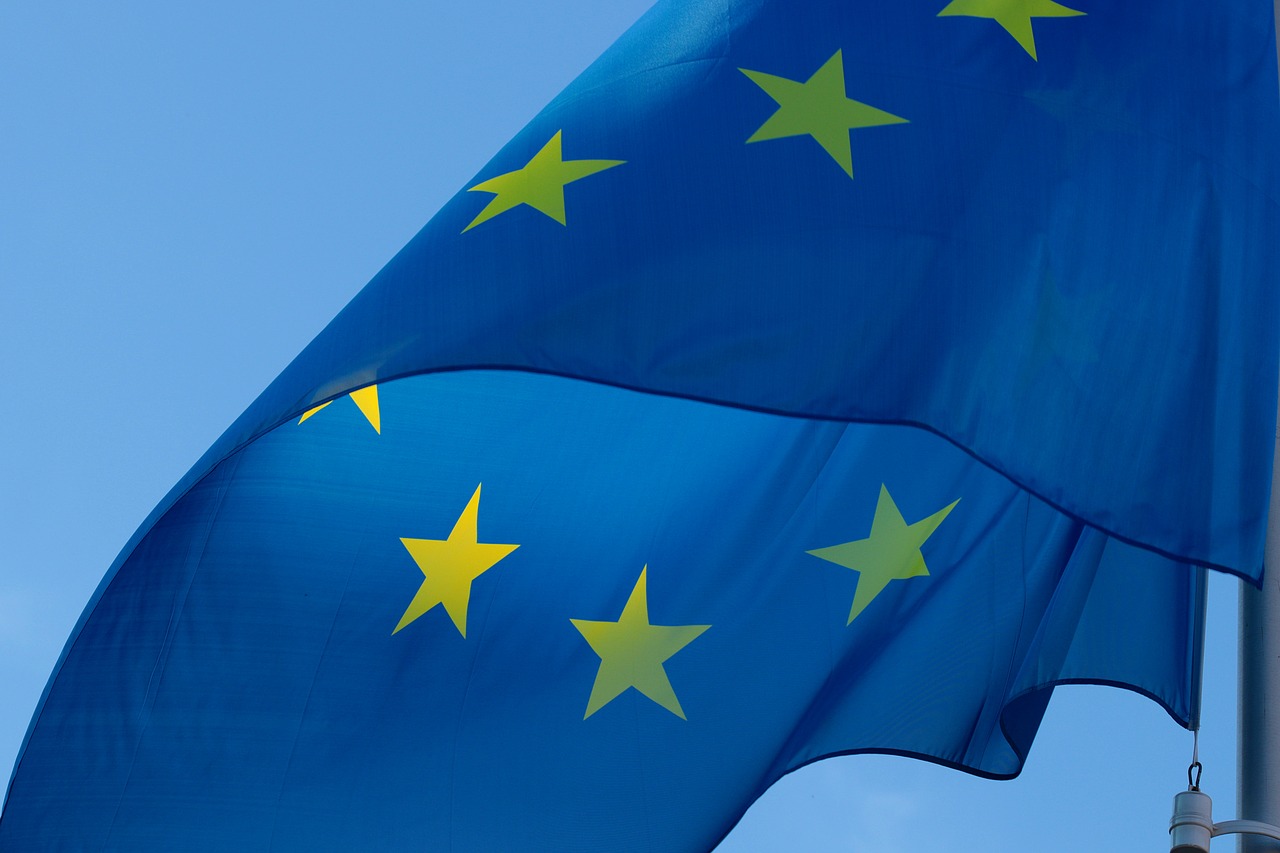Brussels – The European Commission is awarding nearly €720 million to seven renewable hydrogen projects in Europe, selected through the first competitive bidding process under the European Hydrogen Bank. The funds for this auction come from the revenues of the EU Emissions Trading System.
The winning bidders will produce renewable hydrogen in Europe and will receive a subsidy to bridge the price difference between their production costs and the market price for hydrogen, which is currently driven by non-renewable producers.
The 7 selected projects were the winners of an oversubscribed auction which attracted 132 bids in total. Together, the winning bidders plan to produce 1.58 million tonnes of renewable hydrogen over ten years, avoiding more than 10 million tonnes of CO2 emissions.
Locations
The selected projects are located in 4 European countries; Spain (3 projects), Portugal (2 projects), Finland (1 project) and Norway (1 project). They submitted bids between €0.37 and €0.48 per kilogram of renewable hydrogen produced. The subsidy the 7 projects will receive ranges from €8 million to €245 million.
The seven selected projects will now start preparing their individual grant agreements with the European Climate, Infrastructure and Environment Executive Agency (CINEA). These agreements are expected to be signed by November 2024 at the latest.
Selected projects will have to start producing renewable hydrogen within a maximum of 5 years after signing the grant agreement. They will receive the awarded fixed premium subsidy for up to 10 years for certified and verified renewable hydrogen production. The Commission plans to launch a second European Hydrogen Bank auction by the end of this year.
Auctions-as-a-service
In addition, through the new “Auctions-as-a-service” mechanism, €350 million in national funding has been made available by Germany for the highest ranked projects in Germany which did not qualify for EU-level support, but which do meet the eligibility criteria. The “Auctions-as-a-service” scheme is open to all Member States, enabling them to benefit from the EU-level auction platform and award national funding to additional projects.





